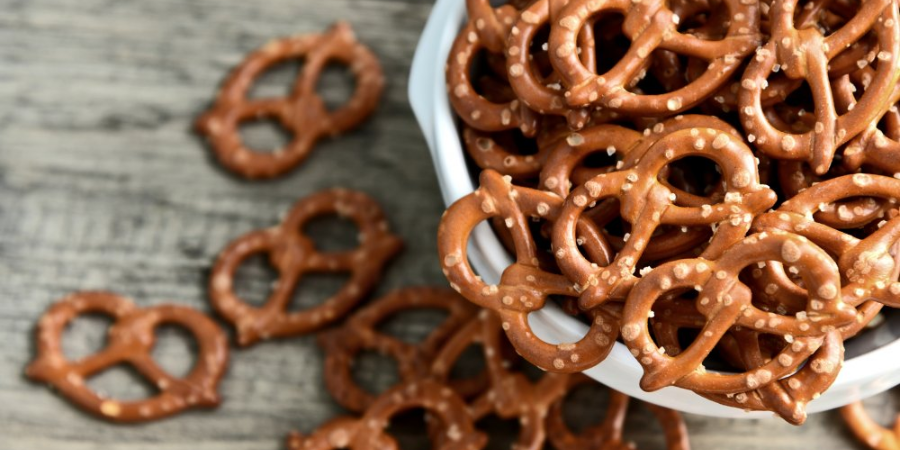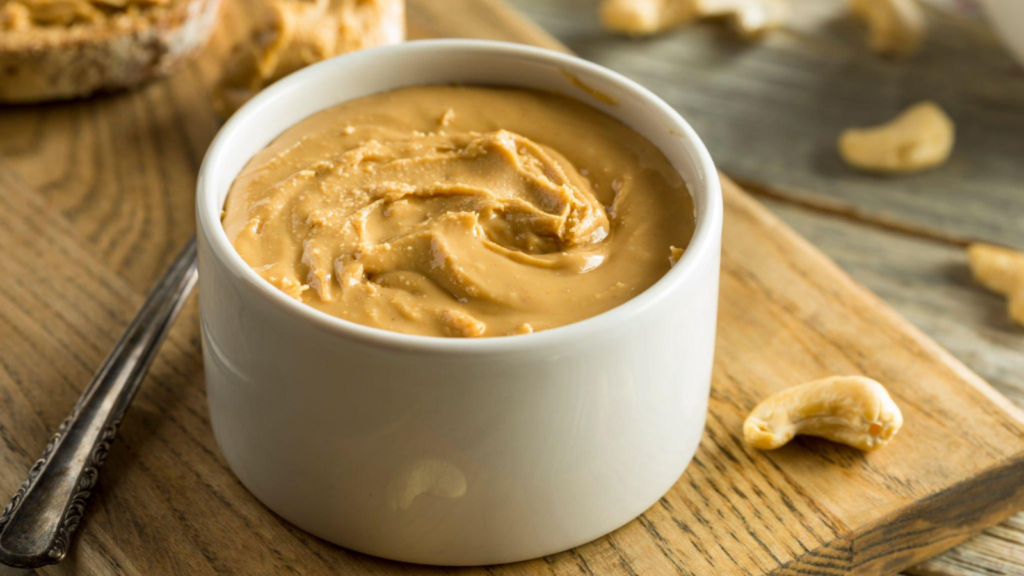Pretzels are a popular snack enjoyed by many around the world. But the question remains: are pretzels healthy? In this article, we will explore the nutritional profile of pretzels, their health benefits, potential drawbacks, and how they fit into a balanced diet. By the end, you’ll have a clearer understanding of whether pretzels deserve a place in your snack rotation.
Understanding Pretzels
What Are Pretzels?
Pretzels are a type of baked bread product, typically made from wheat flour, water, and salt. They come in various shapes and sizes, with the most common being the twisted knot shape. Pretzels can be soft or hard, and they are often seasoned with coarse salt.
Types of Pretzels
| Type | Description |
|---|---|
| Soft Pretzels | Chewy and often served warm, usually found at fairs and sporting events. |
| Hard Pretzels | Crunchy and dry, these are the snack variety often found in bags at grocery stores. |
| Gluten-Free Pretzels | Made with alternative flours for those with gluten sensitivities. |
| Flavored Pretzels | Seasoned with various spices, cheese, or chocolate for added taste. |
Nutritional Profile of Pretzels
Basic Nutritional Information
To assess whether are pretzels healthy, we need to examine their nutritional content. Here’s a breakdown of the typical nutritional values for 100 grams of hard pretzels:
| Nutrient | Amount per 100g |
|---|---|
| Calories | 380 kcal |
| Carbohydrates | 80 g |
| Protein | 8 g |
| Fat | 2 g |
| Fiber | 3 g |
| Sodium | 1,500 mg |
Key Nutrients in Pretzels
- Carbs: Pretzels are primarily made up of carbs, which provide energy. However, they are often low in fiber, especially the refined varieties.
- Protein: While pretzels contain some protein, they are not a significant source compared to other snacks like nuts or yogurt.
- Fat: Most pretzels are low in fat, making them a lighter snack option.
- Sodium: One of the major concerns with pretzels is their high sodium content, which can contribute to increased blood pressure if consumed in excess.
Health Benefits of Pretzels
- Low in Fat: Pretzels are generally low in fat, making them a suitable snack for those looking to reduce their fat intake. This can be particularly beneficial for individuals following a low-fat diet.
- Convenient Snack: Pretzels are portable and easy to pack, making them a convenient snack option for on-the-go lifestyles. Whether you’re heading to work, school, or a picnic, pretzels can be a hassle-free choice.
- Variety of Flavors: With a wide range of flavors available, from classic salted to spicy and sweet, pretzels can satisfy different taste preferences. This variety can help prevent snack fatigue.
- Gluten-Free Options: For those with gluten sensitivities or celiac disease, gluten-free pretzels offer an alternative that allows them to enjoy this snack without adverse effects.
Potential Drawbacks of Pretzels
- High Sodium Content: One of the most significant concerns regarding pretzels is their high sodium content. Excessive sodium intake can lead to health issues such as hypertension and heart disease. It’s essential to monitor your sodium consumption, especially if you enjoy pretzels regularly.
- Low Nutritional Value: While pretzels can be a tasty snack, they often lack essential nutrients. They are not a good source of vitamins or minerals, which means they should not be relied upon as a primary food source.
- Refined Carbohydrates: Many pretzels are made from refined flour, which means they have been stripped of their natural fiber and nutrients. This can lead to rapid spikes in blood sugar levels, which may not be ideal for everyone, particularly those with diabetes.
How to Incorporate Pretzels into a Healthy Diet
1. Pair with Nutritious Foods: To enhance the nutritional value of your pretzel snack, consider pairing them with healthier options. Here are some ideas:
- Hummus: Dip pretzels in hummus for added protein and fiber.
- Nut Butter: Spread almond or peanut butter on pretzels for a satisfying combination of flavors and nutrients.
- Cheese: Pair hard pretzels with cheese for a delicious and filling snack.
2. Choose Whole Grain Options: When selecting pretzels, look for whole grain varieties. Whole grain pretzels contain more fiber and nutrients than their refined counterparts, making them a healthier choice.
3. Practice Portion Control: Given their high sodium content, it’s crucial to practice portion control when enjoying pretzels. Aim for a small serving size, and balance it with other healthy snacks throughout the day.
4. Make Your Own: If you’re feeling adventurous, consider making your own pretzels at home. This way, you can control the ingredients, including the amount of salt and type of flour used. Homemade pretzels can be a fun and healthier alternative.
Real-Life Examples
Case Study: The Busy Professional
Sarah, a busy marketing executive, often finds herself reaching for snacks at work. She enjoys pretzels but is mindful of her health. By pairing her pretzels with hummus and opting for whole grain varieties, she satisfies her cravings while adding nutritional value to her snack.
Case Study: The Health-Conscious Parent
John, a health-conscious parent, wants to provide his children with healthy snack options. He introduces pretzels as a fun snack but ensures they are whole grain and served with cheese or nut butter. This way, his kids enjoy a tasty treat without compromising on nutrition.
Conclusion
So, are pretzels healthy? The answer is nuanced. Pretzels can be a part of a healthy diet when consumed in moderation and paired with nutritious foods. While they offer convenience and are low in fat, their high sodium content and low nutritional value are important considerations.
By making informed choices—such as opting for whole grain pretzels, practicing portion control, and pairing them with healthier options—you can enjoy pretzels without derailing your health goals. Ultimately, like many snacks, pretzels can be enjoyed as part of a balanced diet, but they should not be the sole focus of your snacking habits.
Key Takeaways
- Moderation is Key: Enjoy pretzels in moderation to avoid excessive sodium intake.
- Pair Wisely: Combine pretzels with nutritious foods for a balanced snack.
- Choose Whole Grains: Opt for whole grain pretzels for added fiber and nutrients.
- Homemade is Best: Making your own pretzels allows for healthier ingredient choices.
In conclusion, while the question of are pretzels healthy can lead to varying opinions, they can be a fun and tasty snack when consumed mindfully. By making smart choices, you can enjoy pretzels while still maintaining a healthy lifestyle.


